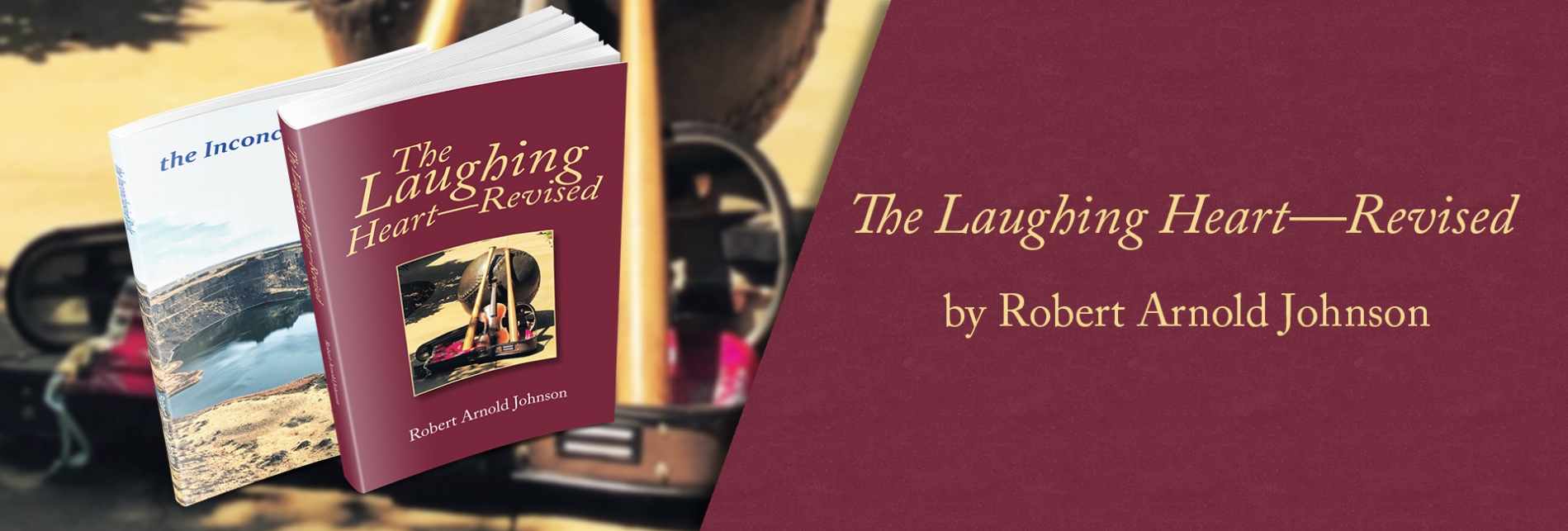The poem is in The New Yorker, its edition of 16 December 2019. Before encountering this poem, I’d been slow to come around to this poet. This brief work, though, wins me over completely. I’m a first-line guy: if that line doesn’t catch my interest, I’m done. Here’s Wiman’s on this occasion:
Three kinds of hair in the brush one love …
I’m captured. It’s got gritty diction plus texture, the latter created by a combo of consonantal stops plus prosody: an opening amphibrach—the leading tone—resolving into (maybe “dissolving into” is better) successive dactyls. We’ve got some poetry goin’ here.
Furthermore, the line’s thematic: it announces what will be most under exploration, what we most will feel the experience of, which will be the One & Plural. The colossal enigma embedded within this motif is indelible; this writer is after some serious stuff. He wants to make art. And he wants to make this particular enigmatic core he’s chosen light up something near and dear to him, and to many of us, love within our families—up close and heart-stopping.
Add line two (“has left on the kitchen counter”) and we have an adumbration of all that follows: the here-ness of everyday things and scenes; the there-ness (love) their particular dispositions embed. Is love there? Or is it here? Well, if it’s here, it’s not here in the same way a hairbrush is, or a kitchen counter. The poet makes a wonderful riff on this very question in his second stanza, which I cannot give away by quoting it for you. It’s just too delicious.
And always the return to One & Plural. Are we individual or are we a commune within each one of us? 3 & 1 and then 4 & 1 and finally 5 & 1 in the final stanza, wherein the recurring amphibrach—itself a figuration of one axis with two arms—(“and wonders,” “one wonder,” “another,” “another,” and “another”) seals the deal. We’re home. Or as the poet more wondrously puts it, “in the hum home.”
Recent Posts
- An Exchange over Hugo’s “Les Misérables”
- JONATHAN FRANZEN’S “CROSSROADS”: SHOULD WE WANT A TRILOGY OF IT?
- SOME THOUGHTS ABOUT RACISM AND WHITE SUPREMACY IN AMERICA, AUGUST 2021: How A Few Recent Books by Black and Other Authors Have Changed One Old White American
- LOVE & THE FIRST LINE
- FOR PHILIP ROTH’S “EVERYMAN”
Recent Comments
- Henry Allen on the current project
- MaryAnne O'Neil on SOME THOUGHTS ABOUT RACISM AND WHITE SUPREMACY IN AMERICA, AUGUST 2021: How A Few Recent Books by Black and Other Authors Have Changed One Old White American
- Robert Arnold Johnson on SOME THOUGHTS ABOUT RACISM AND WHITE SUPREMACY IN AMERICA, AUGUST 2021: How A Few Recent Books by Black and Other Authors Have Changed One Old White American
- Robert Arnold Johnson on SOME THOUGHTS ABOUT RACISM AND WHITE SUPREMACY IN AMERICA, AUGUST 2021: How A Few Recent Books by Black and Other Authors Have Changed One Old White American
- Susan Pickett on SOME THOUGHTS ABOUT RACISM AND WHITE SUPREMACY IN AMERICA, AUGUST 2021: How A Few Recent Books by Black and Other Authors Have Changed One Old White American





One Response to Some commentary on Christian Wiman’s “All You Shining Stars”